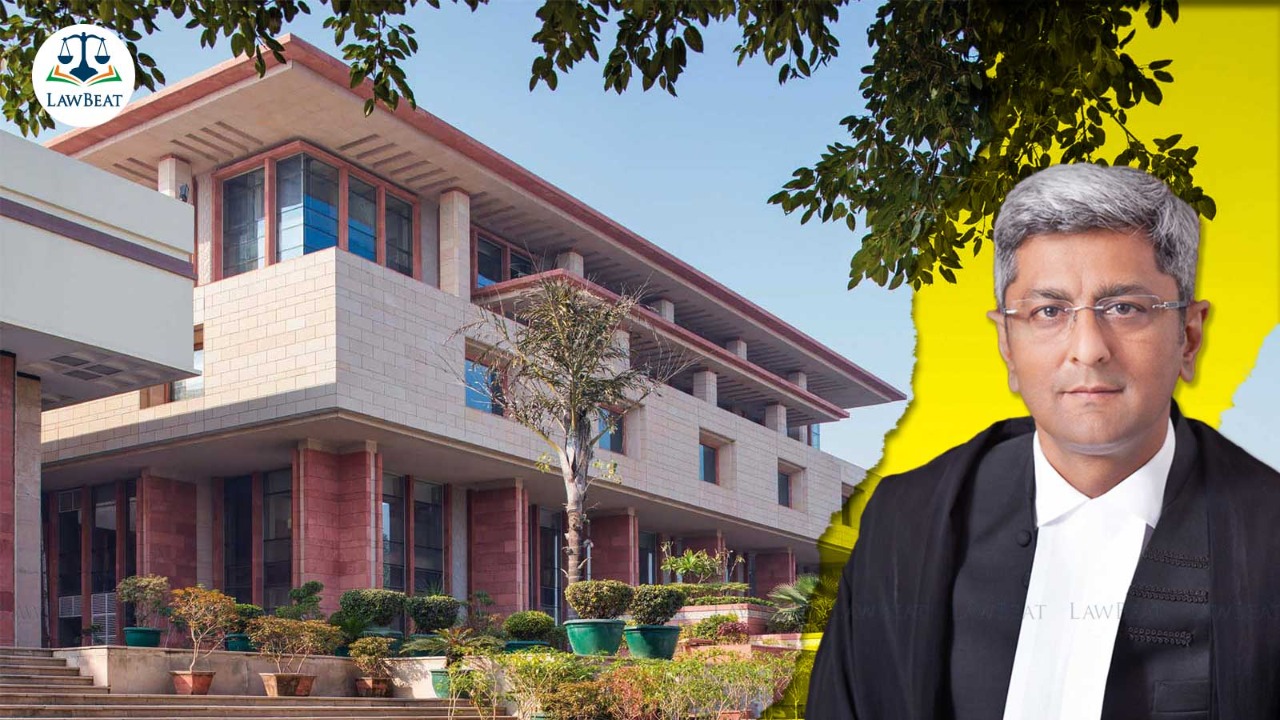Expanding Scope Of Ex Gratia Scheme Beyond Intended Parameters Risks Setting Precedent With Unintended Consequences: Delhi HC

“Expanding the scope of the ex-gratia scheme beyond its intended parameters risks setting a precedent that could lead to unintended misapplications”, the court observed.
The Delhi High Court, recently, held that expanding the scope of the ex-gratia compensation scheme beyond its intended parameters risks establishing a precedent that would lead to unintended consequences.
The bench of Justice Sanjeev Narula held, “Ex-gratia payments are discretionary and not a matter of right. They are granted as a compassionate gesture in extraordinary circumstances, subject to the specific terms and conditions outlined in the governing policy”.
The court made these observations in a petition seeking ex-gratia compensation of INR 1 crore following the death of her mother, Late Seema Khan, an Anganwadi worker who died of COVID-19 on 17th April 2021.
Advocates Rahul Sharma and Ashish Gautam, representing the petitioner, argued that her mother’s duties, including distributing rations and participating in immunization camps, qualified as COVID-19-related essential services under the Cabinet Decision. However, the Respondents denied the claim, stating that while Khan’s work was essential, it did not meet the specific policy criteria.
Advocates Rahul Sharma and Ashish Gauta contended that Khan’s services, including the distribution of rations and participation in immunization, were essential under the Department’s order dated 20th March 2020. It was argued these services exposed her to significant risk, which led to her death.
The court reviewed the submissions and evidence in detail. Although the facts were compelling and elicited sympathy for the Petitioner’s situation, the Court did not support the claim for ex-gratia compensation. The court noted that the impugned decision in the writ petition was made by the GoM after discussions in a meeting held on 13th September 2023.
The court observed that the decision specifically assessed the applicability of Cabinet Decision No. 2835 dated 13th May 2020, which outlined ex-gratia compensation of INR 1 Crore for families of employees deployed for COVID-19 duties by the GNCTD who succumbed to the disease while performing their duties. The GoM concluded that the late Seema Khan’s role, though valuable and classified as “essential services,” did not meet the criteria for COVID-19 duty as defined under the Cabinet Decision.
The court also noted that the meeting minutes highlighted a distinction between routine essential duties, such as those performed by Anganwadi workers, and specific COVID-19-related duties involving patient treatment, facilitation, or care. The GoM noted that Mrs. Seema Khan was neither deployed in a containment zone nor engaged in patient care or specialized COVID-19 relief work. Her contributions, while important in public service, did not meet the criteria for eligibility under the Cabinet Decision. The GoM carefully examined the Petitioner’s case and relevant facts and concluded that the Petitioner’s mother carried out her regular duties as an Anganwadi worker. While recognized as essential services, these duties were not linked to ‘COVID-19 duty’ or related tasks involving the treatment or management of COVID-19 cases.
The court further observed that meeting minutes also indicated that while COVID-19 management included vaccination and ration distribution, such tasks were considered special COVID-19 duty only when conducted through government-established distribution centers or in containment zones with staff specifically deployed by government order.
The court highlighted that the Cabinet Decision stipulated that ex-gratia compensation of INR 1 Crore would be provided to families of employees who succumbed to COVID-19 while performing duties directly related to patient care, facilitation, or deployment in containment zones or COVID-designated hospitals and distribution centers.
The court determined that the GoM’s decision-making process was neither arbitrary nor unreasonable. The GoM examined the Petitioner’s submissions and supporting documents, including the nature of Late Mrs. Seema Khan’s duties and her pandemic deployment. The conclusion that her role, while essential, did not involve the heightened risk anticipated under the policy was based on sound reasoning and aligned with the objectives of the ex-gratia scheme.
The court further emphasized that ex-gratia payments were discretionary and not an entitlement. They were acts of compassion under extraordinary circumstances, subject to policy terms. While the Court sympathized with the Petitioner’s loss, it could not disregard the policy’s intent. Under Article 226 of the Constitution, the court’s role was to ensure adherence to policy, not extend its scope, as this could set an unintended precedent. Thus, the court declined to invoke Article 226 of the Constitution to intervene in this matter.
For Petitioner: Advocates Rahul Sharma and Ashish Gautam
For Respondent: Additional Standing Counsel Rishikesh Kumar with Advocates Sheenu Priya, Sudhir Kumar Shukla and Sudhir
Case Title: Subata Khan v Govt. (2024:DHC:8850)
